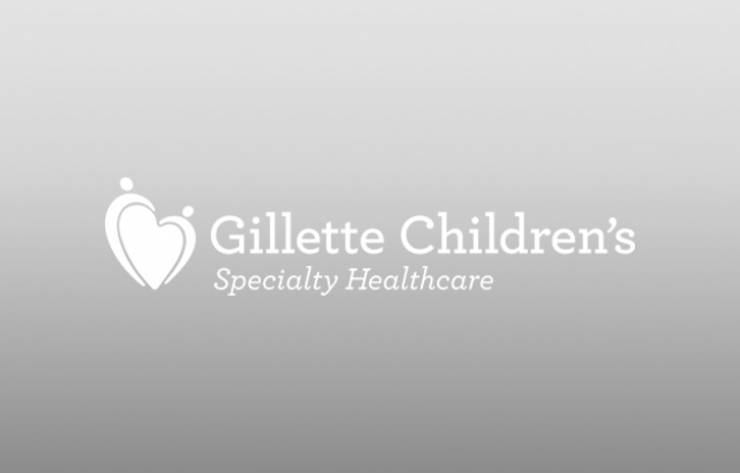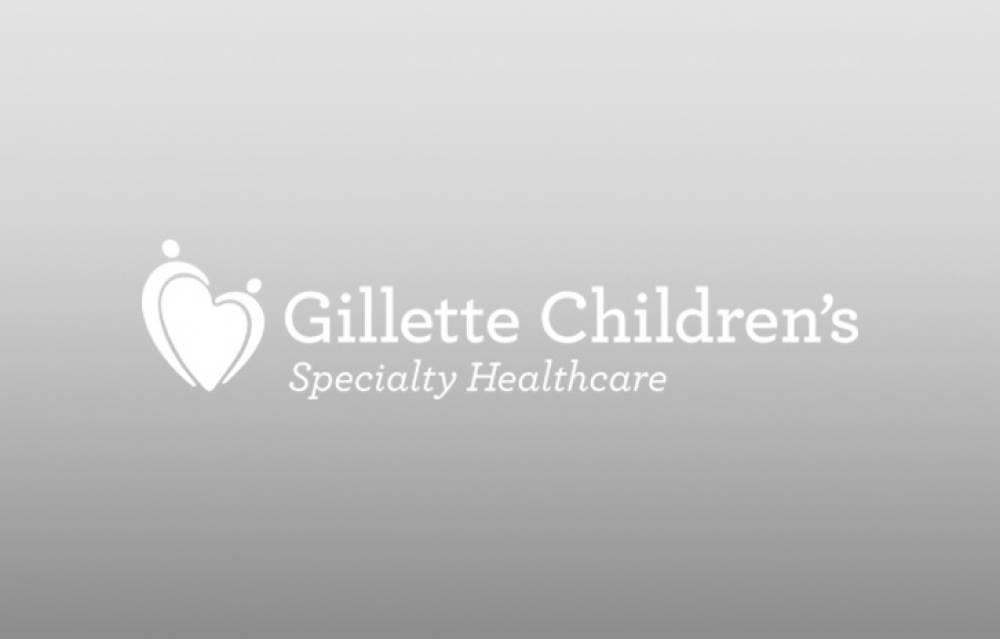-
{care_team_members status="Open|hide from care team page"}
-

{care_team_members:ct_first_name} {care_team_members:ct_last_name}
{care_team_members:ct_full_title}
{/care_team_members}
person:channel_short_name: {person:channel_short_name}
person:
title: {person:title}
-
{links}
{/links}
No category selected to display locations. Locations Dynamic
-
{locations}
- {locations:title} {/locations}
-
{widget}
{widget:widget_content}
- {widget:widget_content:tab_title} {/widget:widget_content} {/widget}
Jamie Case kisses her 2-year-old son, Colten, goodbye as she leaves for her job as a cook at a local Litchfield, Minnesota, restaurant. Colten has been battling the stomach flu, so Case and her husband have spent the afternoon trying to get their usually active son to take it easy.
A few hours into her shift, Case gets a frantic call from her husband, Steve Case, telling her to come to their local emergency room immediately. When she arrives, she learns that she and Colten are taking a helicopter flight to a Twin Cities hospital. Colten's condition is very serious. He's unresponsive, convulsing and having significant seizures.
“Our lives changed in an instant,” Steve Case says. “Things got very dark, very fast.”
An MRI showed inflammation on Colten’s brain, and doctors decided to put him into a medically induced coma to help his brain recover. “They were giving antibiotics, but he kept getting worse,” Steve Case recalls.
Colten spent 17 days in that hospital before the doctors told his parents there was nothing more they could do. They recommended Colten go to Gillette Children’s for rehabilitation. At Gillette, Colten began a rehabilitation program that included five therapy sessions a day.
Meanwhile, the Gillette neurological team continued to search for answers. It wasn't long before pediatric neurologist Amanda Moen, M.D., found the answer the family was looking for. She determined that Colten had autoimmune encephalitis—a rare condition in which the immune system attacks the brain.
Moen recommended that Colten try an intravenous drug called Rituximab. The side effects can be serious, so she encouraged Colten’s parents to weigh their options. “That was hard,” Steve Case says. “But we thought the drug was our best chance of giving Colten back his childhood.”
After the initial five-hour session, Colten began to improve. Over the next few weeks of his hospital stay, Colten was given four rounds of the drug, and he continued his rigorous therapy programs.
“We got our boy back,” Steve Case exclaims.
“Gillette was our ray of light in a very dark time,” Jamie Case adds.
Make a difference in the lives of Gillette kids today by donating.



